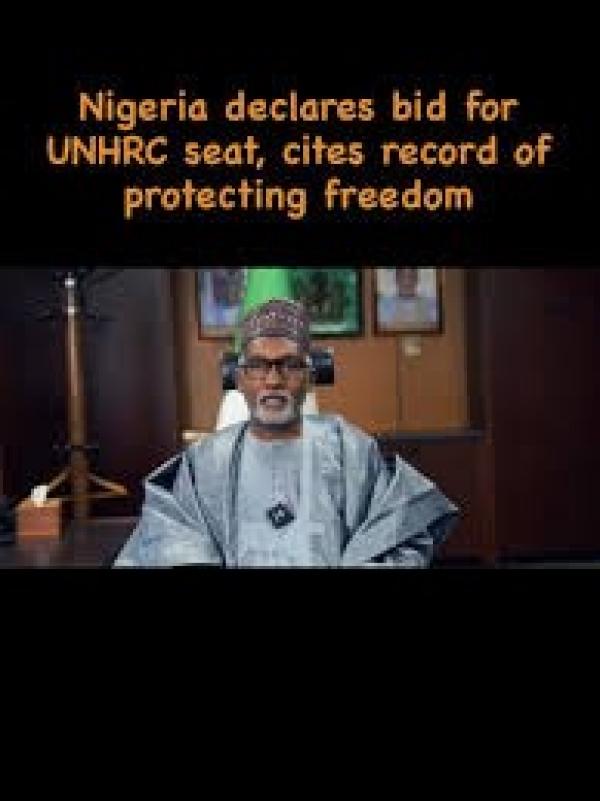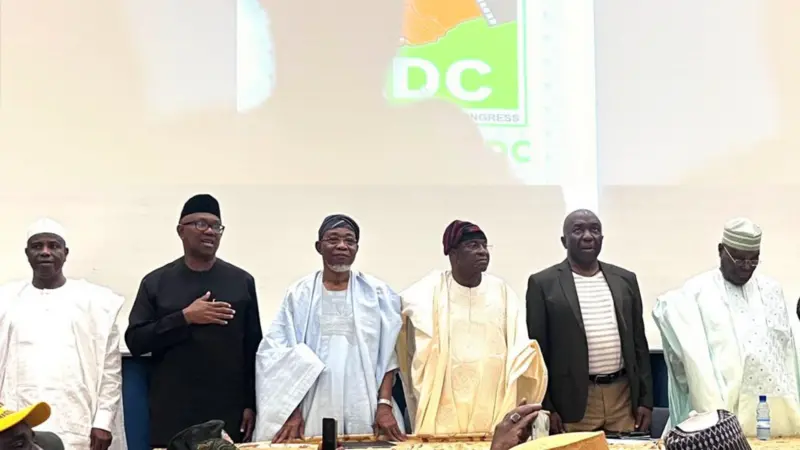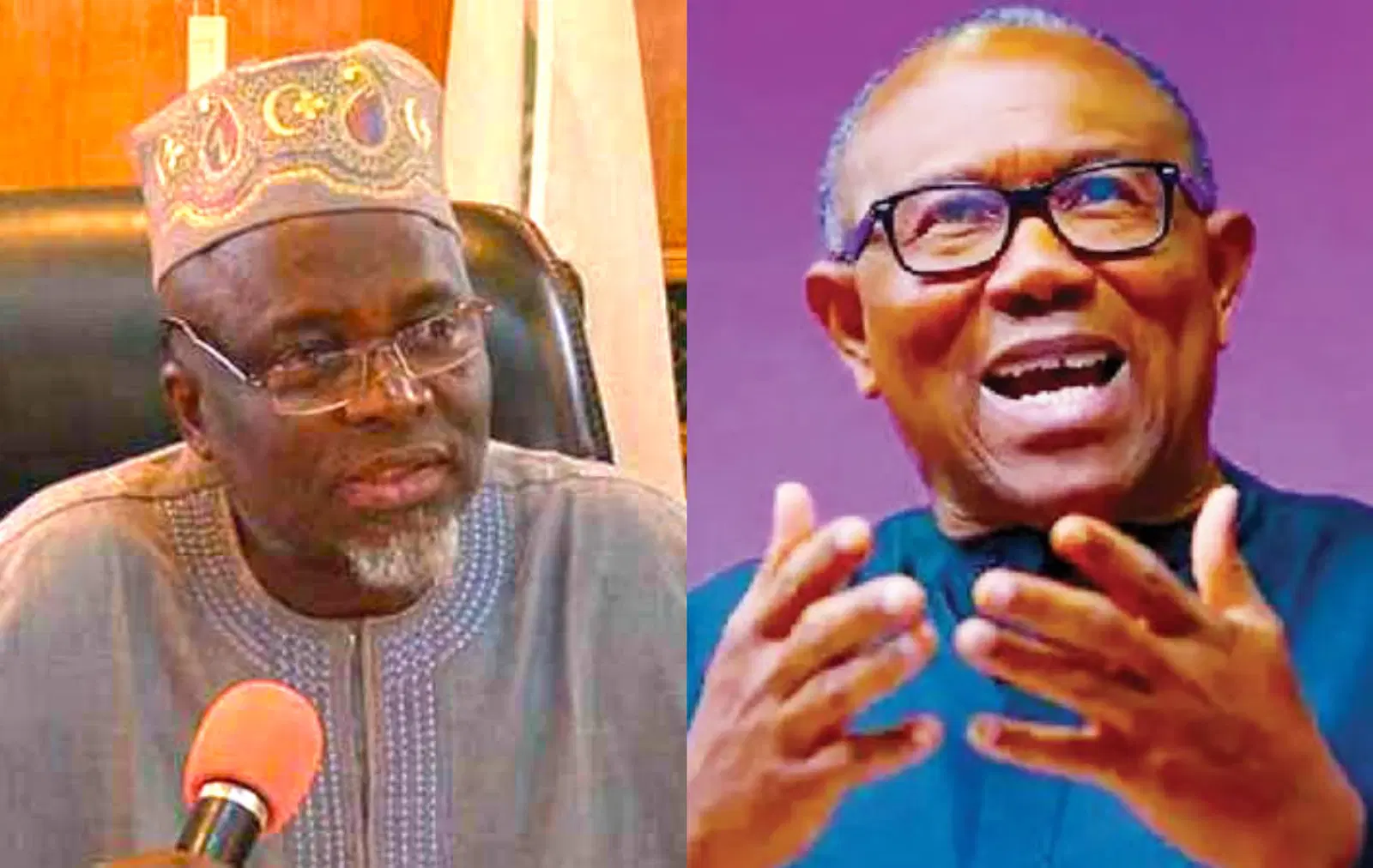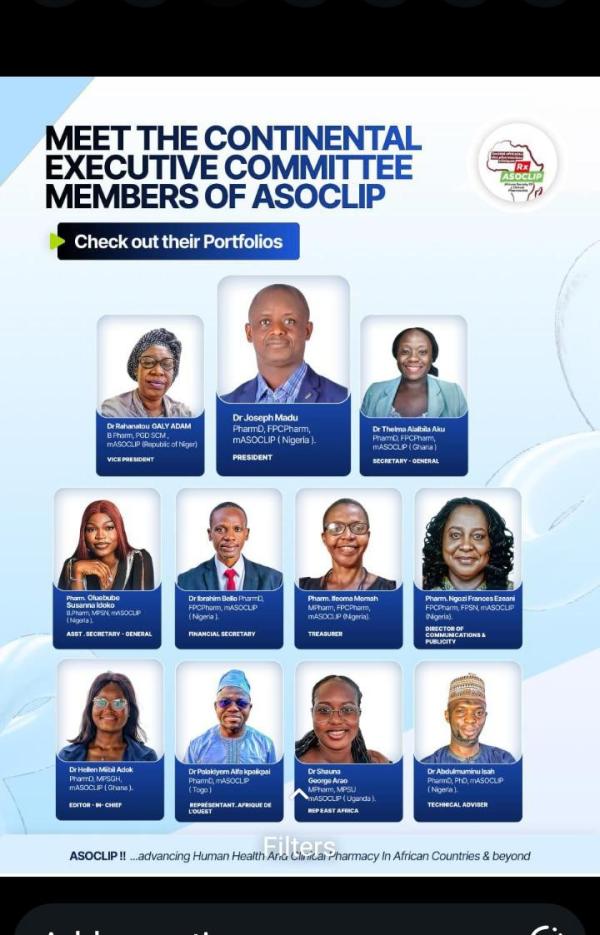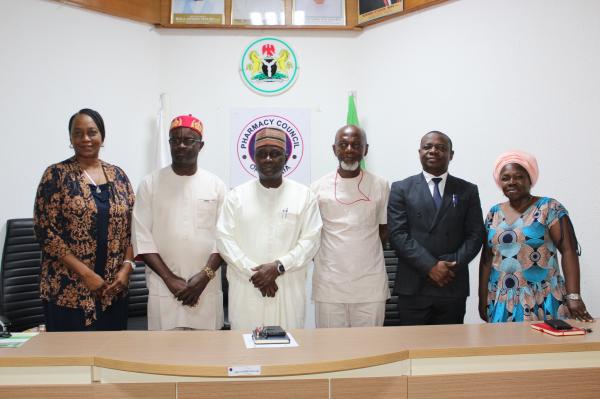
It has been Prof Jide Ajayi’s lifelong dream to provide quality healthcare in Africa, particularly, in West Africa and ensure that it is at par with what obtains in developed countries. Seated in his garden at his Ijebu Ode, Ogun State country home, Prof Ajayi explained why he granted this interview by quoting Theodore Roosevelt: “No one cares how much you know until they know how much you care”. He said as a doctor, a no-nonsense teacher and a compassionate academic, comparing the past medically with the present might be prejudicial. And to believe that there is no change between the past and the present is again not fair, he added. But, according to him, there is room to uphold medical ethics.
He, however, said the circumstances under which he grew and practised medicine many years ago have changed hence, the challenges would be different. According to him, a straight forward comparison between then and now would be unfair. “What obtained then is different from what we have now,” he said. Prof Ajayi, who got to the peak of his career in medicine as a world renowned surgeon and president of the International Federation of Surgical Colleges in 1993, the first blackman to be so honoured, said things were really good then, adding that what regrettably has changed is the value system.
He said: “The orientation has changed. It was a matter of pride then to be a doctor. In those days, surgical consultants were really next to God as they were feared and respected. They walked tall on the corridors of the hospital and they were not just doctors, but super-doctors. You are highly regarded. You go to an event and you are highly welcomed and there was honour, and dignity. But now, nobody cares until he says he has N10 billion. Doctors are working, but still looking for another source of income to make ends meet. They aren’t available 24 hours to think about their patients anymore.”
Recalling his childhood, he said:“During my time, as a child, all I wanted was to be a doctor because I wanted to be like the big names of those times. The regard people had for doctors in a community was that of great respect that boosted self esteem. It then invoked compassion. Each time I went out with my mother she would tell me who looked after who when my father was ill. The fact that my father was a chemist and druggist, and my mother a midwife put me very close to the health sector. To me, the place to serve the people, be compassionate and be highly regarded in the society was to be a doctor.”
Prof Ajayi said the significant differences that have reshaped the practice of medicine in the country can be traced to change in value system.
According to him, the most fundamental change should be the change in values. “For instance, strike action is a labour strategy for getting concessions, but in our time people would come to ask questions if there was something they could do for you, rather than what you could do for them. I don’t think I want to enter into labour issue. I was once the chief executive of a premier hospital in the country and was involved in lots of labour issues, which related to the values of my time. If you want to fight for a cause why should somebody die? We need to have a society that doesn’t look at your success as a measure of financial gains and acquisitions,” he said.
Prof Ajayi, a recipient of Honorary Fellowship award of American College of Surgeons, said part of the change in value system is how swiftly doctors stay in the proximity with the patients. He recalled that medics occupy as much as 75 to 80 per cent of accommodation of any hospital premises. “But now non medics occupy a greater portion of the accommodation to the extent that when there is an emergency during our own time not only resident doctors will always come on Call Duty, but consultants as well will come from everywhere to rescue the situation. What obtains now is that medics are so scattered and by the time there is an emergence, the doctor might not be able to meet up.”
According to him, it is like getting on a slippery slide, “but one can understand the rationales of modern developments,” he said. He continued: “It is the function of the individual that will determine the proximity for emergency call, there was never an argument as to why doctors should be living with their patients in the hospital, and then we moved on to have nursing hostels in the hospitals because they work late at night, awkward hours day and night and so on. But then unionism took over, values crumbled. The doctor is the same thing as the hospital administrator, same as a carpenter. We forget about the functions, the part they have to play and we all think in terms of we all need to be on the same scale of salary, and we should all have the same entitlement.”
He added: “Again it is because we have thrown away the old values of giving service, of putting the patient’s interest first, otherwise no government will approve that kind of a thing. The most saddening thing is that some doctors don’t want to stay near the patients because they are the ones you will call and ask how bed five or six patient is doing.
“So, he wants to stay as far away as possible, where he will be running his own hospital or clinic. When I was in UCH I lived inside the UCH, when a patient is very ill and they can’t immediately find the doctor, or probably the doctor is involved in another emergency, they will call me and I was available then. Technically you have put the interest of the patient first, but now that is not there.”
He was a chief medical director of University College Hospital (UCH), Ibadan, from 1990 to 1998.
Prof Ajayi relived how he dealt with the issue of remuneration and out-of-stock of consumables. He said there are always two issues in any hospital setting, one is remuneration, which is not important except when tied to value system. “When I was the CMD at UCH we had this out-of-stock syndrome, no cotton wool, no water and so on. And those were the issues that were inherited. But before I got the appointment, I had gone to assist in setting up the teaching hospital in Shagamu being run by Ogun State. And the things we learnt there was that money is important, but there are other initiatives that are equally important.
“What I did at that time was to use an existing World Health Organisation (WHO) philosophy that if I get a drug and sell it to the patient at the cost price then I will re-cycle the money and replace what I have sold. So, one will be assured that the service or drug will be available. It is called the Bamako initiative and if this Bamako initiative works for drugs, why can’t it work for laboratory consumables, food, plasters and so on. “So I set up committees- catering and laboratory committees. And these committees would be the ones to say this is what will be this month. They will buy in bulk from the manufacturer, use it and at the end of the month take stock of how much money they have generated. The generated money does not belong to the hospital at all, but to the committee. If they were able to buy 10 types of drugs, and we need 15 types of drugs, they now have money to buy the 15 types of drugs.
“It’s a revolving fund and they became so prosperous. The consumables were readily available so much so I got greedy myself and taxed 17 per cent tax on gross intake and they agreed. You will have to turn your audit system into the consumer terminal. Of particular interest was the establishment and maintenance of revolving fund systems in the hospital- Drug Revolving Fund (DRF), Theatre Revolving Fund (TRF), Laboratory Revolving Fund (LRF), and Catering Fund (CRF) that led to the foundation stone of revolving quality health care delivery in the hospital,” he explained. He continued: “But, anytime you do these things certain interests are not happy. Any hospital management can adopt that. Even if the system is slow, the implementation mechanism may change with time, and you must adapt to situations and I am not comparing my period with anybody. I am saying within the circumstances I found myself at that time that is what I did.”
Moved by plight of patients not being able to pay for services, Prof Ajayi said he ensured that those people were not shut out of the hospital. To him, the situation can be salvaged if the government can hand over the running of the National Health Insurance Scheme to professionals- Insurance professionals, instead of being handled by medics. “National Health Insurance Scheme (NHIS) is having hiccups because it is being managed by doctors. I will tell you my central philosophy as a doctor, insurance is not my profession. There are people, who acquire the skill in the insurance business, it is not a medical problem. So, to go and create a medical health insurance scheme and put a doctor there does not make sense. The insurance companies work in other countries, they hire doctors as consultants, to know how to make sure certain things are well evaluated.
“So, to say that doctors are to handle the health insurance will be a failure because there is no insurance in Anatomy, Physiology, Biochemistry, Surgery, Theatre and so on. Insurance is a skill, so go and ask an insurance man to take charge at the helm of affairs at NHIS. I once asked a professional insurer why is it they can insure cars, houses etc and why the difficulties in insuring health? And I was told the plain truth; doctors are not trained in Insurance, but medicine. As a person, I don’t believe doctors should primarily run an insurance scheme, let those who studied insurance as a discipline come and say what they have to say,” Prof Ajayi explained.
Indeed, he has left his footprints in the sand of time. As President of West Africa College of Surgeons (WACS) in 1989, he, together with the late past President, Prof Toriola Solanke and Prof John Terblanche, a South African, envisioned and embarked on the conveyance of a Pan African Conference for Surgeons (PAAS). Following its birth, the association, consisting surgeons from South, East and Central Africa, took off and till date, there is a strong ongoing collaboration among the respective Surgical Colleges. That would not have been possible without the commitment and persistence of Prof Ajayi. He became association’s president in 2009 when he was sworn-in at its annual conference in Guinea Conakry. His involvement has been a pillar in fostering and strengthening of links between the Sub-Saharan Surgical Colleges.
Asked if he has any regrets? Prof Ajayi said he would have shouted less at people, because the term ‘Ajayi sparks’, which was what he was known for, was grossly misunderstood by many. “They missed my good intentions that I was ready to fly at any provocation of incompetence or irresponsibility,” he said. But he said he is because his passion for passing knowledge manifested in hundreds of postgraduates, who owed their skills and sometimes their jobs to his personal and professional efforts.
Till date, he still invests in people by setting up a charity organisation named after his wife- Beatrice. Known as Beatrice Olajide Ajayi Foundation, assisting bright and diligent, but indigent students in the pursuit of their education, assisting disabled children who are victims of natural disasters and epidemics such as poliomyelitis and cerebro-spinal meningitis and assisting charitable organisations such as homes for the handicapped, motherless babies, the deaf and dump, the blind have been the main focus of the foundation. The foundation also assists organisations that are registered for humanitarian purpose and supporting charitable evangelical church societies, especially those located in rural areas, in executing most of their programmes.












